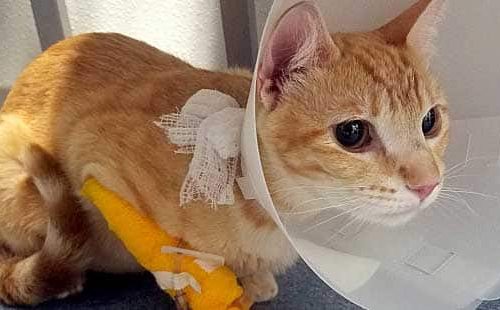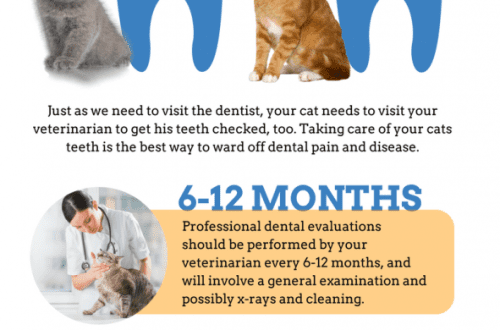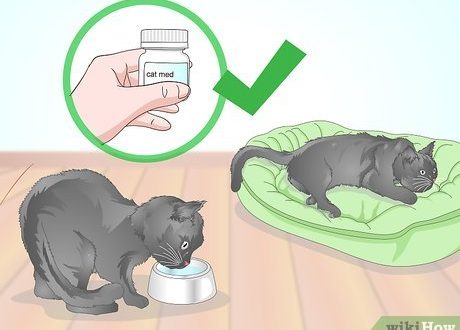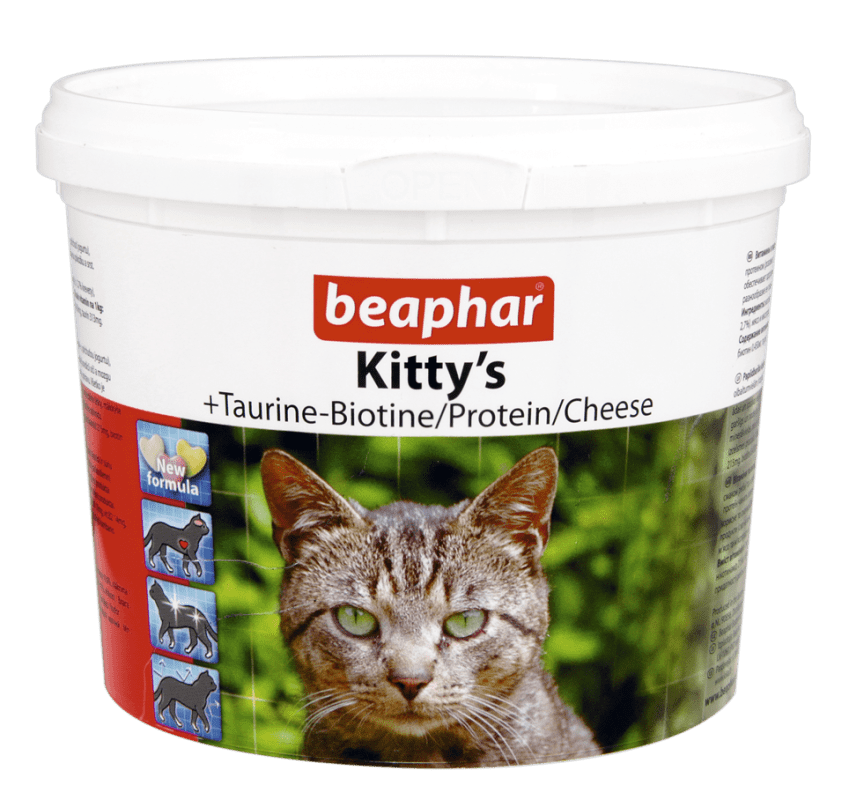
Protein and taurine in cat food
Protein is important not only for your health, but also for the health of your cat. Sufficient quantity and quality of protein is of great importance, and not all cat foods are created equal. With the right choice of food, you can be sure that your pet will receive a sufficient boost of energy thanks to protein. Cat food should have more crude protein than dog food. (What is crude protein in dog or cat food? Crude protein is the name of the laboratory method used to chemically analyze and determine the protein content of food. It does not refer to the quality of this nutrient: e.g. crude protein, crude fat, crude fiber (To learn more about this, see the “Guaranteed Ingredients” on your food package.)
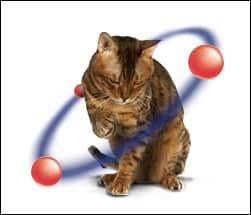
Why are proteins needed? Proteins are the building blocks of organs and tissues, from cartilage and tendons to hair, skin, blood, muscles, and the heart. They can also function as enzymes, hormones, and antibodies. It is important to remember that consuming more protein is not necessarily healthy. Protein is an important part of a healthy diet, but the quality of the protein, along with a balanced content of other essential nutrients, is very important for health.
How they are used. A cat needs protein food every day. The protein in cat food is broken down into key components called amino acids. Your pet’s body metabolizes amino acids and uses them to make new proteins or support other processes. This “synthesis” can be limited if certain amino acids are lacking in the cat’s body or not being supplied in the right amount. That’s why it’s so important to make sure your pet’s food contains enough protein.
Why taurine is needed. Taurine is an essential protein component in cats, and its deficiency can contribute to many serious health problems. It is especially important for kittens and young cats because it plays an important role in overall development. Why is extra taurine needed in cat food? The ability of cats to produce taurine in their body is limited and it is easily lost during digestion.
Your cat’s special needs. Cats have unique physiological and nutritional needs, just like lions, tigers and other members of their extended family. Cats have a higher protein requirement than most other pets such as dogs, pigs and chickens. High quality, easily digestible protein is especially important for growing kittens and adult lactating cats.
Why does a cat need more protein than a dog? Cats require significantly more protein than dogs, which are omnivores. This is because cats use protein for energy whenever possible and they need more of certain amino acids as building blocks for muscles and to keep the body running.
Protein digestion. Unlike omnivores, the cat’s body is adapted specifically for the consumption and digestion of protein, which is the trademark of a predator. However, this does not mean that cats cannot eat or digest carbohydrates or other nutrients. They require a balanced, suitable diet that provides them with the protein they need, as well as minerals, vitamins, fats, and carbohydrates.
Animal or vegetable protein? Even if cats, being carnivores, need to get certain nutrients, they can also effectively use protein from plant proteins. The protein in cat food should be a high quality combination of animal and vegetable protein in the right combination to provide a complete set of essential amino acids for the pet. If your cat has been diagnosed with a food allergy, your veterinarian may recommend a food with hydrolyzed (degraded) protein.
The right food for your pet should provide a balance of all essential amino acids and high quality digestible proteins. Ask your veterinarian if there is enough protein in your cat’s current diet.



